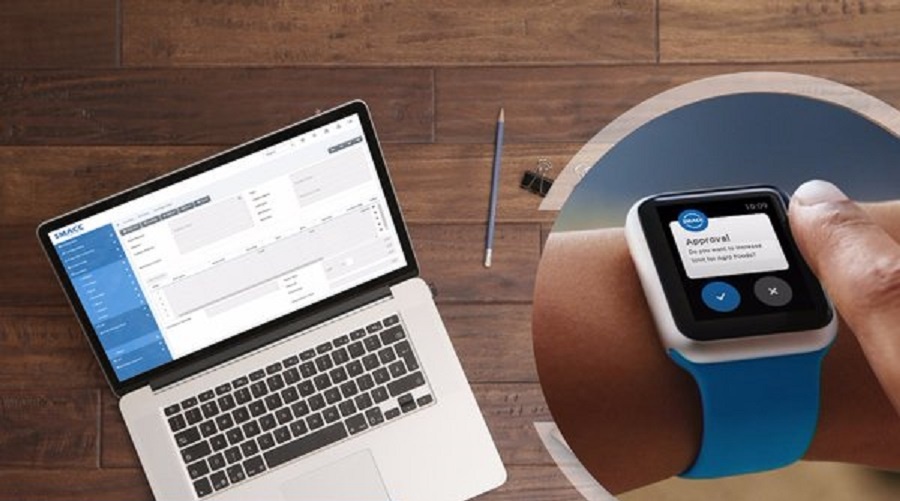A journey to the cloud, Arabsea

Being able to keep up with the latest technologies is a good advantage for a company but not easy.
Launched in Saudi Arabia in 1980, Arabsea spent eight years selling printers before developing accounting systems and programs.
In 1989 they launched their flagship Arabic accounting system, SMACC, on Microsoft Dos. As of 2016 they were on Microsoft’s cloud.
Leveraging these tech advancements, Arabsea is developing SMACC to cover many accounting operations. This led to higher costs, but changed after adapting cloud technology.

Nothing comes easily
“Despite positive feedback, it wasn’t easy moving customers to the cloud,” said Hisham Suhaibani, the production manager. “You have data security reasons, a lack of infrastructure for this technology in Saudi Arabia, and poor internet connection in remote areas and small towns,” he told Wamda.
The public cloud services market in MENA is projected to grow 22.2 percent in 2017 to total $1.2billion, up from $956 million in 2016.
Saudi Arabia published a draft regulation on cloud computing in 2016. Local telcos such as STC, and Zain, and cloud services provider Elm, are entering this field. Alongside them well-established foreign companies, such as Amazon, Microsoft, are entering the local market.
Given their previous relationship with Microsoft, they seemed to be an obvious choice for Arabsea’s move forward. “A partnership with a big corporation increases the customer’s trust and puts him at ease regarding his data,” Subaibani said.
With this partnership, Arabsea would benefit from combining its program with Microsoft Azure that provides a virtual machine, a relational database and makes creating apps and modifying them easier.

Cloud has no limits
Suhaibani told Wamda that cloud allowed the business to lower its and the customer’s operational costs, and made it easier to provide tech support 24-hours a day while modifying and updating the program easily.
The cloud gives you tech support and many additional services for lower prices, thus “making us more flexible, and made our job easier by allowing us to save on resources and provide a cheaper product,” said Suhaibani.
However, the customers can connect to their software from outside the company. “The salesman – for example – can now remotely give an invoice, determine the amounts and order a delivery,” he said.
Also, they will not pay for the software license, the server and POS. The accounting program only costs 371 Saudi riyals (US$99) a month including after sale services, instead of 15,000 to 20,000 riyals (US$4,000 to US$5,300) and the following maintenance fees.
“They won’t have to change their devices and internal network in 4 years as well,” Suhaibani explained.
Customer can easily browse the software from multiple platforms.
The company currently has about 40,000 users, 85 percent of which are in Saudi Arabia, while others are spread between GCC, UK and even Spain.
Their customers include governmental organizations, corporations and banks, like the Ministry of Commerce and Investment and Rajhi Group and the Saudi Investment Bank.
Localization is crucial
In addition to SMACC, the company provides other systems such as Scribes Software to manage resources, and e-government solutions for running warehouses and governmental purchases.
These products are localized by providing features such as Zakat, supporting Arabic, and the Hijri calendar, features required by the Saudi government.
Headquartered is in Riyadh, with 130 employees it became a joint-stock company last January when 20 percent of its shares were entered in the Parallel Market.


